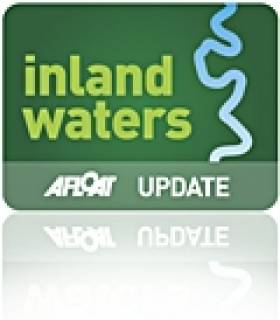Displaying items by tag: masterclass
Waterways Ireland Welcomes European Strategic Partners
Waterways Ireland is facilitating Masterclasses in Dublin and Enniskillen from the 14-15 September 2011 for the 17 EU partners involved in the Waterways Forward INTERREG IVC Project. The Waterways Forward project is focused on the 'enhancement of the management and the boosting of socio-economic development of regional inland waterways and their adjacent waterways' right across Europe.
The Masterclasses will address issues around the sustainable development of inland waterways and the potential impact of climate change on regional inland waterways across Europe. Welcoming the partners to Dublin in advance of the Masterclasses, Waterways Ireland Chief Executive, John Martin stated;
"The INTERREG IVC Project has recognised the unexploited economic resource of regional inland waterways in Europe and the potential contribution that they make to tourism development, economic growth and quality of life. Waterways Ireland is delighted to be a partner in this innovative project. I welcome our 16 partners not only to engage with them in the strategic work of the Masterclasses in developing the way forward for Europe's regional waterways but intend to also share with them the unique attributes of Ireland's inland waterways"
Lead by the Dutch Recreational Waterways Foundation, the INTERREG IVC Project runs from January 2010 to December 2012 and has a total budget of just over €2.8 million. The Masterclasses are one of a series of meetings, conferences and research projects being undertaken by the partners with the aim of sharing best practice, developing integrated, tailor made governance structures & models and facilitating increased cooperation at EU level.





























































